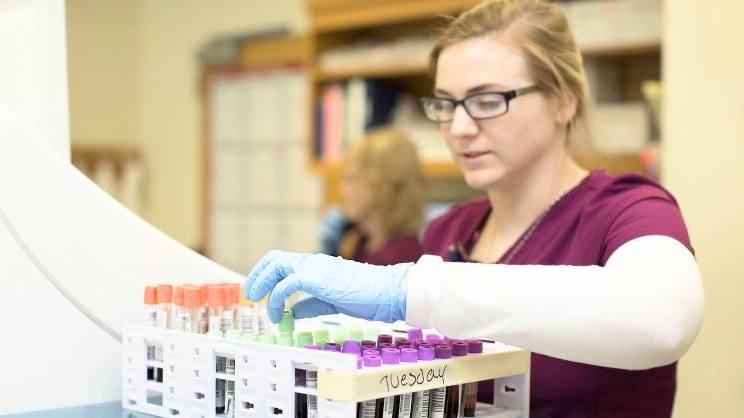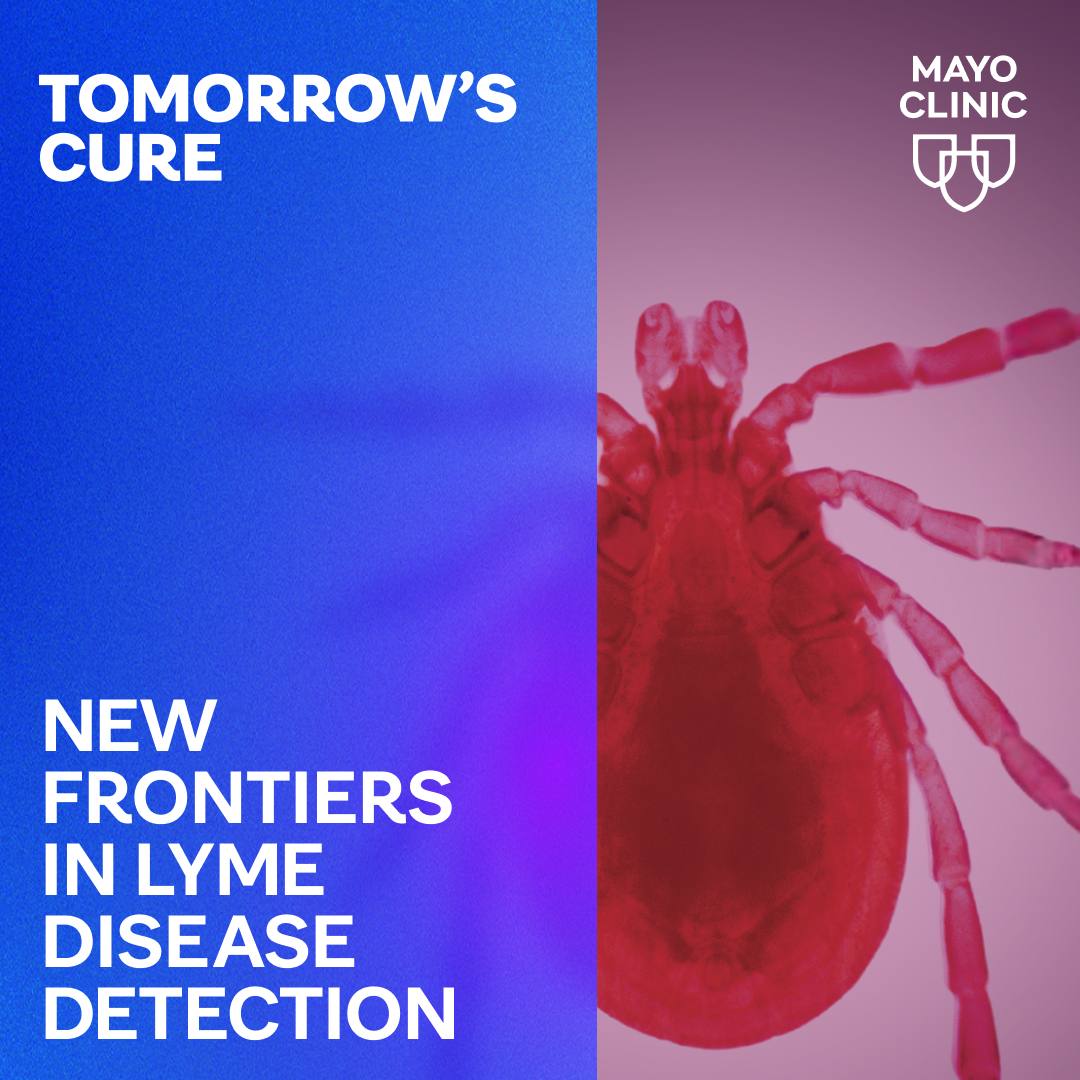-
Science Saturday: Dropping ‘rarely abnormal’ blood tests could save $9 million per year

Americans spent $3.6 trillion on health care in 2018 – that’s nearly 18 percent of the country’s gross domestic product, according to the Centers for Medicare and Medicaid Services (CMS). As legislators, insurers and health care institutions look for ways to curb costs, blood tests are often scrutinized to weed out the unneeded.
So cutting tests that potentially cost the U.S. $9 million annually and require no action 99% of the time is likely a good start.
Routine blood tests that are given the day after colon or rectal surgery turned up abnormal results 4% of the time. Furthermore, of those patients with abnormal results, only 1% warranted follow-up action, new research from Mayo Clinic has discovered. Based on these findings, Mayo has changed the way it orders the blood tests for its patients: Instead of it being automatic, now they’re only used in at-risk patients. The study published recently in the Annals of Surgery.
Read the rest of the article on Advancing the Science.
________________________________________________________
Other Mayo Clinic medical research websites:
- Research at Mayo Clinic
- Discovery’s Edge
- Advancing the Science
- Forefront
- Mayo Clinic Center for Individualized Medicine
- Center for Regenerative Medicine
- Center for the Science of Health Care Delivery







